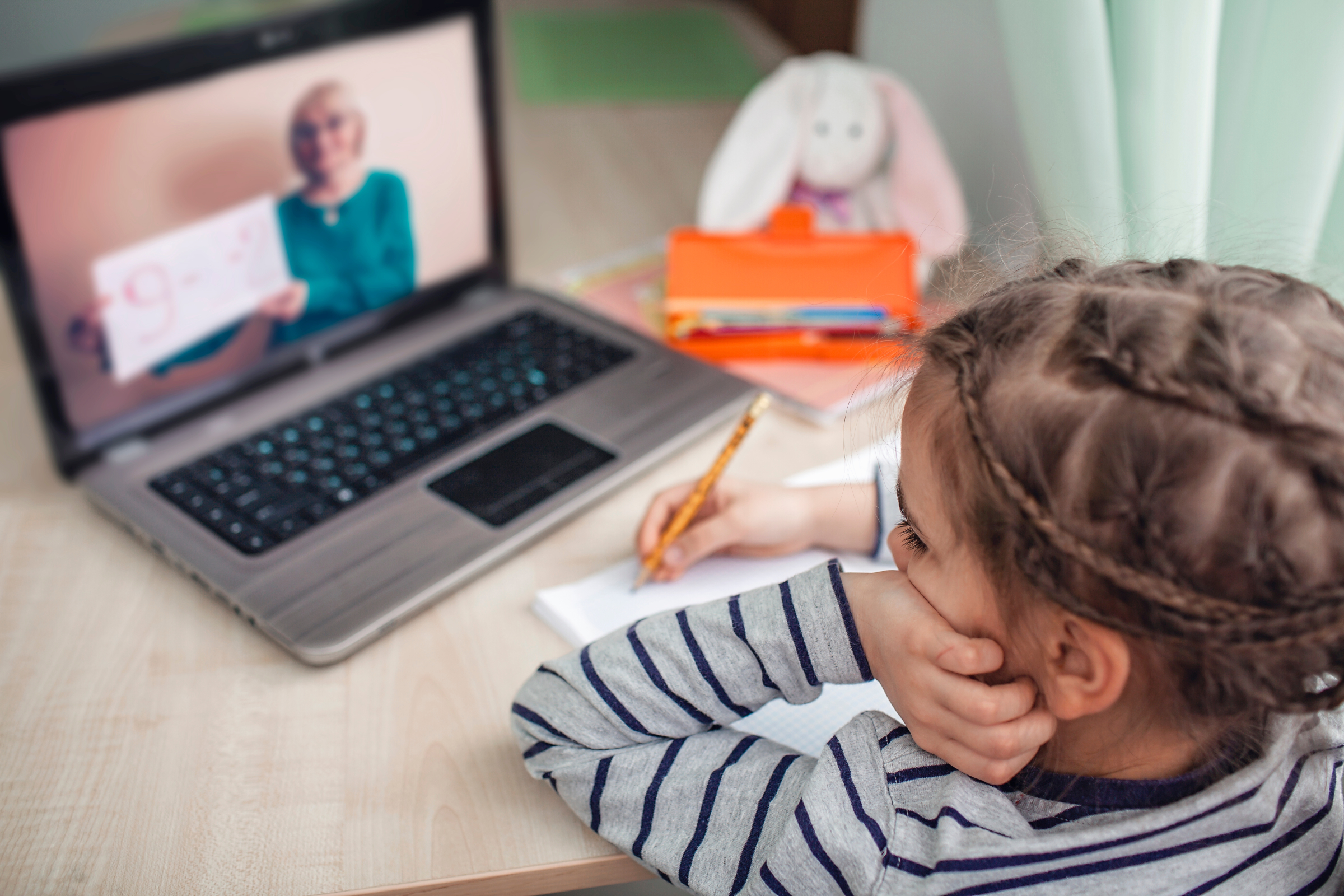
Families all across the world are learning how to adapt to the constant and unpredictable changes caused by the Covid-19 pandemic.
It has been a challenge for everyone to have to adjust to our new circumstances, but it’s especially difficult for children, as they may not understand the full scope of what’s happening around them.
Many children may be hesitant to re-engage with the world after being in and out of lockdowns for over a year.
As restrictions begin to ease up, it’s now more important than ever to help children understand the new normal we’re living in and how to cope with the changes it brings with it.
Below you’ll find some tips to help your kids to adjust and make the best of the new circumstances.
Explain What the “New Normal” Entails
Like everything we do in life, we must understand what we’re doing before tackling the issue. The same thing applies when trying to help your child adjust to their new way of life.
Before helping your child cope with the new changes, it is vital that you explain how their way of life has changed and what this “new normal” implies.

You can start by clarifying the new set of rules and restrictions that have been put in place and what activities they can do under these constraints.
Remember that children look to adults for guidance on how to act during stressful and uncertain times, so it’s important that you demonstrate the proper preventative measures and address any concerns they may have.
It’s in kids’ nature that they ask a lot of questions, so when they ask about the coronavirus, make sure the explanations are age-appropriate.
The depth of explanations depend on the age of the child, but no matter the age group, you should offer reassurance and allow them to express their emotions.
How to Get Your Child to Socially Re-Engage
In the past year, some children have continued attending school in-person, while others have conducted most of their learning virtually.
With the upcoming school year, it’s predicted that all children will be able to go back to in-person learning. However, the kids who have stayed home this year may be anxious to resume face-to-face social interactions.
 Many children have adjusted to the slower paced environment and are happily living in their bubble at home.
Many children have adjusted to the slower paced environment and are happily living in their bubble at home.
To help your child become more comfortable with interacting with others, start by taking small steps.
Don’t push your child into a large gathering with other kids, as it can make them anxious and want to leave. Instead, organize a playdate with one other friend in an outdoor setting and build your way up from there.
If your area does not permit outdoor gatherings, you can set up a virtual playdate. Kids are glued to their screens now more than ever, so make sure you set limits on the amount of screen time your child can have.
To make up for the loss of screen time, find projects and activities that are both enjoyable for your kid and respect social distancing recommendations.
Although it may feel easier to oblige with your child’s desire to avoid social interactions, it’s crucial that you don’t enforce this behaviour. A continued lack of social interaction will lead to more anxiety and lower confidence in socializing in the future.
Counseling Can Help Your Child Cope With the “New Normal”
It can be hard for children to adjust to such a sudden and unexpected change, especially after being accustomed to a regular schedule.
Many children are struggling to understand why they can’t do some activities that were normal practice to them, and the overload of new information and changes may be a little too much for them.
If you’re worried that your child is having a hard time dealing with change and adjusting to our “new normal,” it’s best to have them see a counselor who can help them through these new changes.
Get in touch with us today to learn more about our services and find the suitable counselor for your child.
